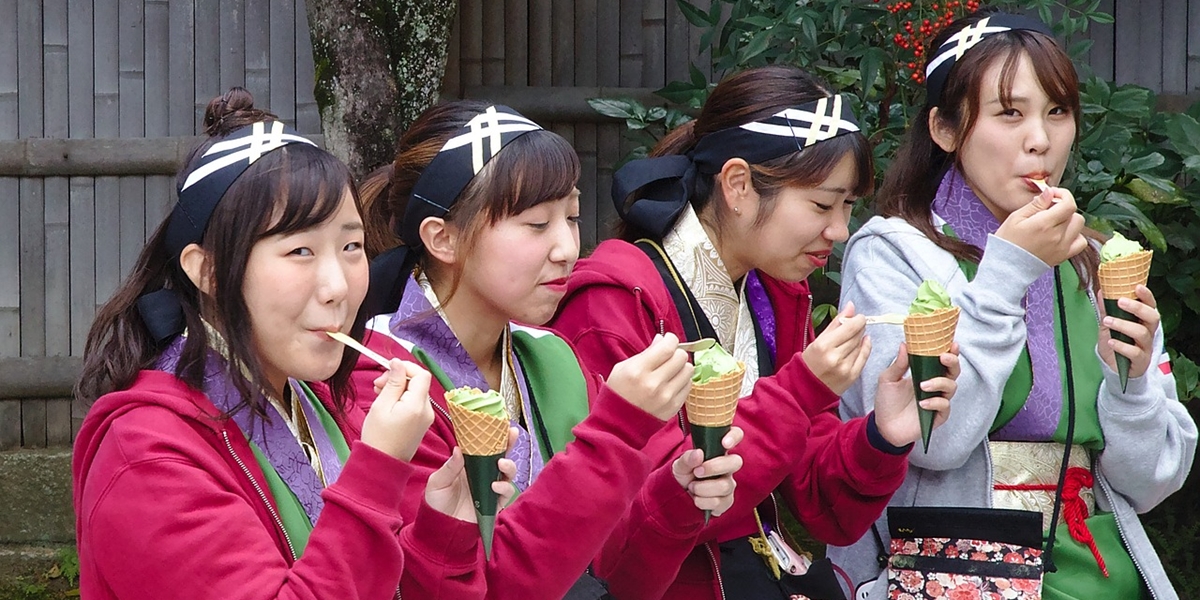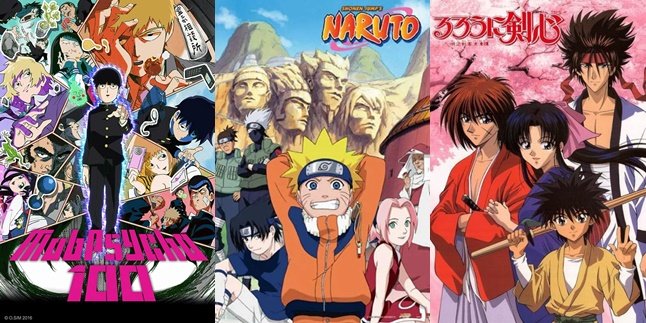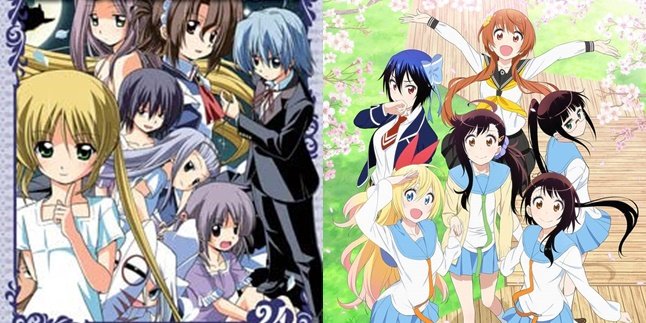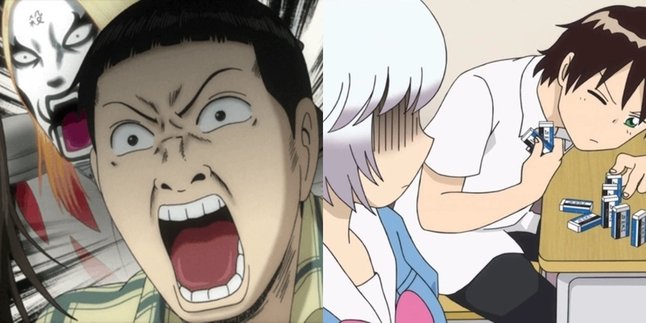Kapanlagi.com - In daily conversations in Japan, wakamono kotoba vocabulary in Japanese or youth language has become increasingly important. This article will discuss slang or trendy terms often used by young people in Japan, helping beginners better understand daily conversations.
From phrases inspired by pop culture to words that reflect social trends, this vocabulary plays an important role in understanding the social dynamics among the younger generation in Japan. Therefore, it becomes a new knowledge suitable for beginners to know.
Let's take a look at interesting and important terms to understand in order to interact more smoothly in modern Japanese society using wakamono kotoba vocabulary in Japanese.
1. What is Wakamono Kotoba?
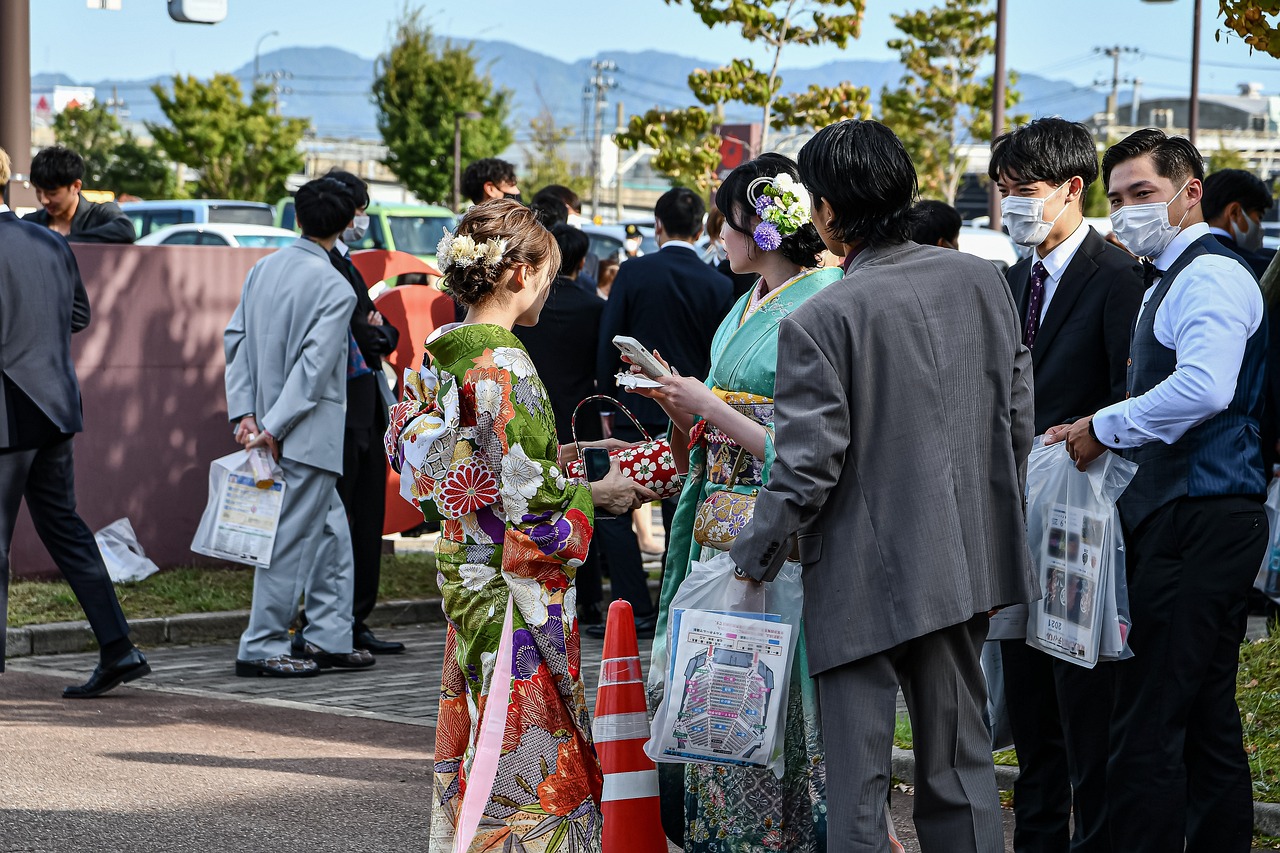
Illustration (credit: pixabay.com)
Wakamono kotoba in the Japanese language refers to the language or vocabulary commonly used by young people or the younger generation. This term encompasses a variety of terms, phrases, and vocabulary that are usually used in daily conversations among young people, especially in school, college, and workplace environments.
Furthermore, Wakamono kotoba in the Japanese language is also used in informal social interactions. Youth language is often dynamic and tends to change along with cultural trends, music, films, and social media. Wakamono kotoba can include slang terms, abbreviations, and colloquial language.
It can also include new words that emerge from social interactions among young people. The use of wakamono kotoba can reflect the social and cultural identities of young people and can strengthen bonds within their groups. Although sometimes some terms may be difficult for older generations or the general public to understand.
However, understanding this vocabulary is important for anyone who wants to understand informal conversations and popular culture in Japan. So, for those of you who want to learn more about Japanese language conversations, understanding wakamono kotoba in the Japanese language can also make it easier for you to socialize when you want to go to Japan.
2. 100 Wakamono Kotoba Vocabulary

Illustration (credit: pixabay.com)
Well, after understanding the meaning of wakamono kotoba in Japanese, you need to know examples of wakamono kotoba vocabulary in Japanese itself.
This vocabulary reflects the variety of language used among young people and is often related to cultural trends and social media. And here are 100 wakamono kotoba vocabulary in Japanese:
1. "ikemen" - Handsome man
2. "kireru" - Angry or lose patience
3. "yabai" - Great, amazing, or dangerous
4. "charai" - Behave rudely or roughly
5. "kawaii" - Cute or adorable
6. "guguru" - Searching on the internet, from the word "Google"
7. "saboru" - Skipping or avoiding responsibilities
8. "menhera" - Person with mental problems
9. "moteru" - Popular among the opposite sex
10. "gachi" - Serious or earnest
11. "kuso" - Unlucky or bad
12. "iketeru" - Cool or interesting
13. "yankii" - Delinquent young person
14. "samui" - Boring or dull
15. "dasai" - Unstylish or uncool
16. "otaku" - Hardcore fan or lover of pop culture
17. "hamaru" - Addicted or really liking something
18. "nori nori" - Energetic or enthusiastic
19. "ukeru" - Funny or entertaining
20. "mukatsuku" - Annoying or making angry
21. "hara hara" - Nervous or anxious
22. "gudaru" - Wasting time by doing nothing
23. "dameeji" - Damage or negative impact
24. "tenshon" - Mood or state of mind
25. "kaosu" - Chaos or mess
26. "yakedo" - Burned or injured by heat
27. "haado" - Difficult or hard
28. "kimoi" - Disgusting or gross
29. "kitsui" - Difficult or tiring
30. "buchikireru" - Explode or suddenly get angry
31. "piripiri" - Tense or nervous
32. "zurui" - Cheating or unfair
33. "iratsuku" - Annoyed or disturbed
34. "nori" - Energy or enthusiasm in mood
35. "shokku" - Shocked or surprised
36. "chikiru" - Give in or withdraw from a tense situation
37. "warota" - Slang for "laughing" (from the word "warau")
38. "tsuiteru" - Lucky or in a good condition
39. "guddo" - Good or nice
40. "mukatsuku" - Annoying or making angry
41. "ukeru" - Funny or entertaining
42. "uzai" - Disturbing or annoying
43. "kyun" - Feeling cute or fascinated
44. "dokidoki" - Excited or pounding
45. "nori nori" - Energetic or enthusiastic
46. "sabaru" - Endure or refuse to give up
47. "tameguchi" - Speaking in an informal or relaxed tone
48. "guzuguzu" - Procrastinating or slow
49. "chikuru" - Sarcasm or provoke
50. "furareru" - Rejected or heartbroken
51. "eroi" - Lewd or erotic
52. "mendoi" - Troublesome or annoying
53. "kuso" - Unlucky or bad
54. "dassee" - Not cool or uncool
55. "guchiru" - Complain or grumble
56. "maji" - Serious or earnest
57. "dereru" - Become soft or affectionate
58. "doyagao" - Arrogant or haughty face
59. "nanpa" - Trying to flirt with the opposite sex
60. "muki ni naru" - Get angry or offended
61. "moyamoya" - Feel frustrated or confused
62. "kireru" - Angry or lose patience
63. "buchigireru" - Get extremely angry or explode
64. "raburabu" - Affectionate or romantic
65. "owakon" - End or no longer popular
66. "usotsuki" - Liar or lie
67. "doyagao" - Arrogant or haughty face
68. "guchiru" - Complain or grumble
69. "tenparu" - Panic or lose control
70. "wakuwaku" - Feel happy or excited
71. "kiri ga nai" - Endless or never-ending
72. "motaru" - Lazy or slow
73. "yabai" - Great, amazing, or dangerous
74. "saboru" - Skipping or avoiding responsibilities
75. "egui" - Terrifying or cruel
76. "baguru" - Troubled or broken (in a technology context)
77. "panikuru" - Panic or restless
78. "rakkii" - Lucky or luck
79. "iratsuku" - Annoyed or disturbed
80. "uzai" - Disturbing or annoying
81. "doyaru" - Pretend or show off
82. "pinchi" - Difficulty or critical situation
83. "gakkari" - Disappointed or frustrated
84. "ganmi" - Stare or look intensely
85. "yajiru" - Sarcasm or mockery
86. "niyakeru" - Smile to oneself or smile broadly
87. "kimeru" - Decide or make a firm decision
88. "shotame" - Smile or contemplate with a cute gaze
89. "tenshon" - Mood or state of mind
90. "kirei" - Beautiful or lovely
91. "charao" - Careless or uncool man
92. "okkee" - Okay or in good condition
93. "wakuwaku" - Feel happy or excited
94. "gachagacha" - Noisy or disorderly
95. "dokidoki" - Excited or pounding
96. "piripiri" - Tense or nervous
97. "gudaguda" - Messy or disorderly
98. "majide" - Serious or earnest
99. "yabai" - Great, amazing, or dangerous
100. "owakon" - End or no longer popular
Those are some wakamono kotoba vocabulary in Japanese that you can know, along with the meaning of wakamono kotoba in Japanese. Hopefully, this new knowledge can make KLovers more fluent in learning Japanese. Happy Learning!
(kpl/dhm)
Disclaimer: This translation from Bahasa Indonesia to English has been generated by Artificial Intelligence.
